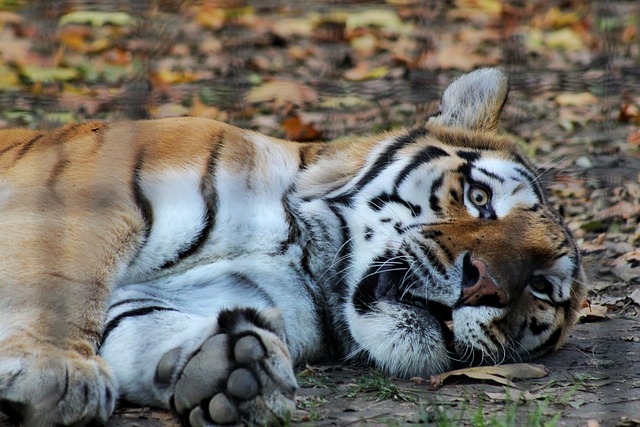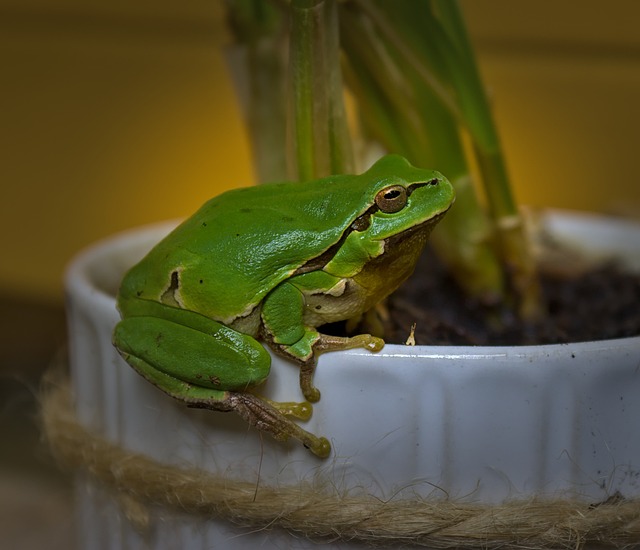fortune tinger 🏐 Fortune Telling: A Journey Through the Mystical and Psychological Dimensions of Human Experience

Fortune Telling: A Journey Through the Mystical and Psychological Dimensions of Human Experiencefortune tinger
Fortune telling, often viewed as a mere curiosity or entertainment, is a practice steeped in history, culture, and psychological intrigue. From tarot cards to astrology, palmistry to crystal gazing, these methods of divination have invoked fascination and skepticism alike. Understanding the allure of fortune telling requires delving into its cultural significance, the psychological motivations behind its practice, and the broader implications for human behavior.
Historically, fortune telling has roots in ancient civilizations, where it served not only as a means of prediction but also as a spiritual and communal practice. In many cultures, seers and oracles were revered figures, believed to possess a unique connection to the divine or the unseen forces of the universe. The rituals surrounding fortune telling often provided a framework for individuals to navigate uncertainties in their lives, offering guidance in moments of crisis or decision-making.fortune tinger
In contemporary society, fortune telling has evolved into a multifaceted phenomenon, often blending traditional practices with modern interpretations. While some approach it purely as a form of entertainment, others seek deeper insights into their lives. This duality raises critical questions about the psychological underpinnings of seeking fortune telling services. Why do individuals turn to these practices, and what needs do they fulfill?fortune tinger
The psychological perspective offers valuable insights into this phenomenon. Many individuals who seek out fortune tellers or engage with divination practices are often in search of certainty in an unpredictable world. Life's inherent uncertainties can lead to feelings of anxiety and helplessness. By consulting a fortune teller, individuals may feel a sense of control over their future, as these practices often provide narratives that help make sense of complex emotions and situations.fortune tinger

Furthermore, the act of engaging with fortune telling can serve as a form of cognitive reassurance. When confronted with significant life choices—be it in relationships, career paths, or personal development—individuals may find comfort in the idea that their choices are guided by forces larger than themselves. This can lead to a temporary alleviation of anxiety, as the act of seeking guidance can create a sense of agency, even if the outcome remains uncertain.
However, the psychological benefits of fortune telling are not without their caveats. While many find solace in these practices, there is a risk of becoming overly reliant on them. When individuals allow predictions to dictate their actions or decisions, they may inadvertently surrender their autonomy and critical thinking. This can lead to a cycle of dependency, where individuals continually seek external validations rather than developing their own decision-making skills.
In addition to the psychological dimensions, fortune telling also reveals much about cultural narratives and societal norms. Different cultures approach divination with varying degrees of reverence and skepticism. In some societies, fortune telling is deeply embedded in cultural rituals and traditions, while in others, it is often dismissed as superstition. This dichotomy reflects broader societal attitudes toward spirituality, fate, and individual agency.fortune tinger

The rise of digital technology has further transformed the landscape of fortune telling. Online platforms now offer a plethora of services, from virtual tarot readings to astrology apps, making these practices more accessible than ever. This proliferation brings forth an intriguing intersection of tradition and modernity, as ancient practices find new life in the digital realm. However, this shift also raises questions about authenticity and the potential for exploitation, as individuals may be drawn into misleading or fraudulent practices.fortune tinger
Despite the complexities surrounding fortune telling, it remains a deeply human endeavor. At its core, it reflects our innate desire to seek meaning, connection, and understanding in a world often marked by unpredictability. Whether approached with skepticism or reverence, fortune telling invites individuals to explore their inner landscapes and confront their hopes and fears.
Ultimately, the practice of fortune telling serves as a mirror reflecting our collective anxieties, aspirations, and quest for self-knowledge. It is a reminder that, regardless of the methods we employ to navigate life's uncertainties, our journey is as much about the questions we ask as it is about the answers we seek. By engaging with these practices thoughtfully, individuals can cultivate a deeper understanding of themselves and their place in the world, fostering resilience in the face of life's ever-changing circumstances.
In conclusion, fortune telling transcends mere predictions; it embodies a rich tapestry of cultural significance, psychological exploration, and human connection. As we continue to navigate the complexities of existence, the allure of fortune telling will likely endure, inviting us to explore the mysteries of our own lives while reminding us of the profound nature of the human experience.fortune tinger
Fale conosco. Envie dúvidas, críticas ou sugestões para a nossa equipe através dos contatos abaixo:
Telefone: 0086-10-8805-0795
Email: portuguese@9099.com


